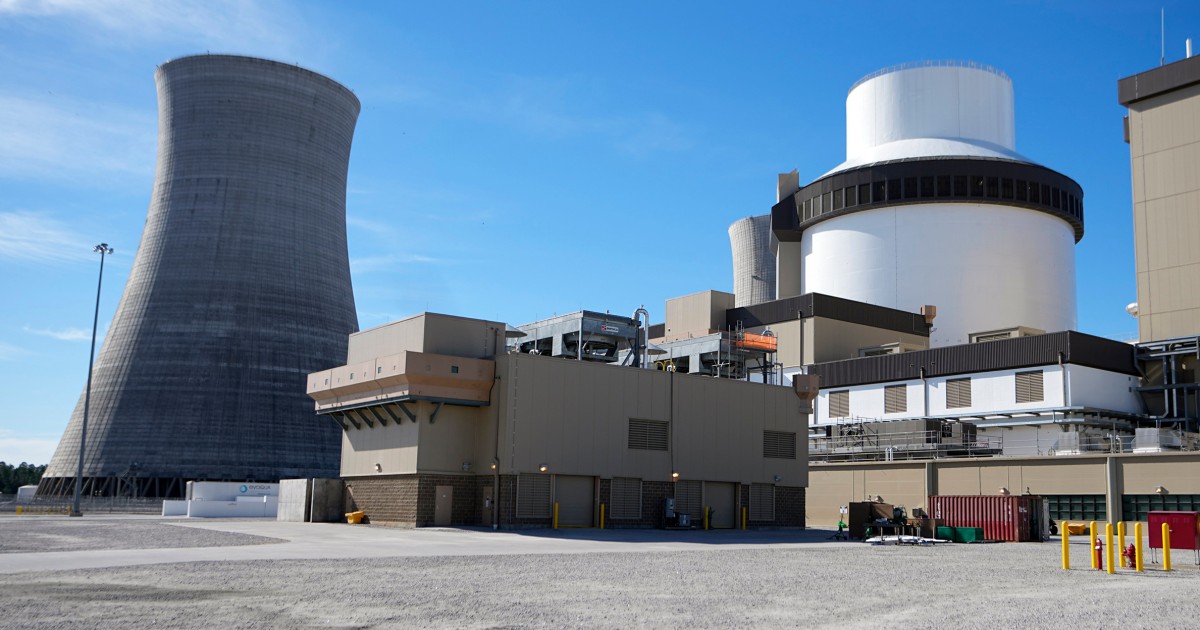First U.S. nuclear reactor built from scratch in decades enters commercial operation in Georgia::ATLANTA — A new reactor at a nuclear power plant in Georgia has entered commercial operation, becoming the first new American reactor built from scratch in decades.



Fortunately the nuclear reactor can be operated for >50 years :)
Mean and median lifetime of a nuclear reactor is well under 30 years. Closer to 20 if you count all the ones that produced for 0 years.
Sure. But do you think Nuclear reactors will still be cheaper than renewables + storage in the 2070s? Nuclear is far more expensive per kWh than renewables, and the cost of storage is falling fast.
Good question, that one can only speculate on. IMO it’s a two part question.
First is that newly built nuclear plants are expensive. So the question depends on if we bite the bullet (build the reactor) today or in 2070. One built today will produce cheap power in 50 years.
For example in Finland we have reactors from 1980, that make up the backbone of stable energy production in our country. Those are going to be kept online till the 2050s. I’d argue at that point the cost per kwh will be mostly dependent on maintenance and fuel, so relatively small.
Wind and solar cannot reap the same benefits if you have to replace the plant every 20 years.
Storage is a completely separate question that is not taken into account when new wind farms and such are being built. If one was to account for storage today, the cost of renewables would be much closer to that of other means of production.
Also in the future, if storage costs keep falling due to billions of R&D money, similar effects could be achieved in nuclear via serial production and scale.
EDIT: Just read you have studied this stuff for real. Then ignore most of what I said, as you might know better :D
The cost of the power it generates in 50 years aren’t lower than the day it opens. If you amortise the cost of the plant over its life nuclear is stupid expensive per watt produced. It’s expensive enough that renewables + storage is cheaper. Renewables + storage is also a lot quicker to build than nuclear.
Even after the uptick in cost of renewables in the last year (which was dramatic) they’re still the cheapest new build power (even accounting for the integration costs). As an example here’s the most recent annual csiro report on energy costs by type. It doesn’t include full scale nuclear today because it’s known to be unviable, but even 2030 projections on “if smrs are commonly deployed at scale” they’re predicted to be a lot more expensive than renewables with integration costs.
https://www.csiro.au/en/research/technology-space/energy/energy-data-modelling/gencost
You can’t amortise your capital if just the variable operating and maintenance is more than replacing the reactor with firmed renewables. This is not the case yet, but betting that renewables won’t halve in price one more time in 30 years is a pretty stupid bet.
It was started a decade ago and finished now, not in the 2070s
I would say it’s not the BEST solution but in areas in the extreme north/south, where solar/hydro aren’t options (and I legit have no idea how well wind would do with freezing weather/snow etc) it would be better to have nuclear there than to try and transmit long distance to those areas. At least until we get some more breakthroughs in energy storage.